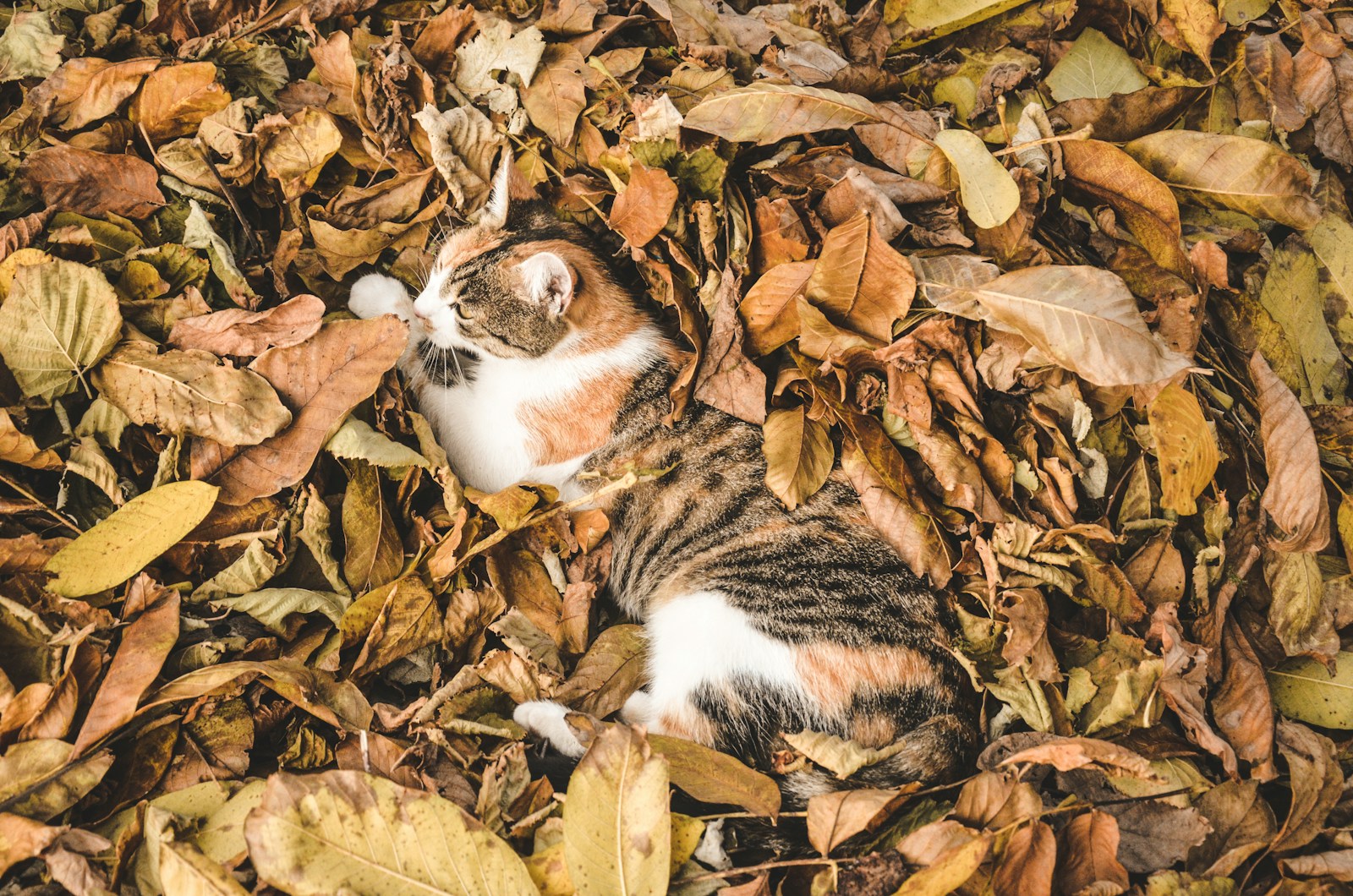
gato

cat
The noun 'gato' in Spanish refers to the domestic animal known for its agility and independence. They are often kept as pets and are valued for their ability to hunt mice.
Example sentences using: gato
Tengo un gato en mi casa.

I have a cat in my house.
In this example, 'Tengo' coming from the verb 'tener' means 'I have'. 'Un' signifies an existence of one 'cat'. 'en' means in. 'mi casa' translates to 'my house'.
Mi gato está jugando.

My cat is playing.
'Mi' is 'my' in English. 'está' is the third person singular of 'estar' which means 'is'. The verb phrase 'está jugando' means 'is playing'.
El gato come pescado.

The cat eats fish.
In this sentence, 'come' 'is the third person singular form of the verb 'comer' and 'pescado' means 'fish'. It translates to 'eats fish'.
El gato negro saltó por la ventana.

The black cat jumped out the window.
'Negro' is Spanish for black. 'Saltó' is the third person past-person singular form of the verb 'saltar' (jump.) 'Por' can correspond to the English prepositions 'by', 'through', 'along', 'around', and more -- 'la ventana' means 'the window' in English.
El gato de mi hermano es flaco.

My brother's cat is skinny.
'El gato de mi hermano' means 'my brother’s cat', the word 'de' is used to express ownership or possession. 'es' means is and 'flaco' is thin or skinny
Lean este libro, 'Gato en botas'.

Read this book, 'Puss in Boots'.
'Lean' is a form of 'leer', which means 'to read'. 'Este' translates to '(read) this', and 'libro' is book. Whence, 'Gato en botas' is the Spanish title for the fairy tale 'Puss in Boots'.
Ella saquè la foto de un gato.

She took a picture of a cat.
In this sentence, 'ella' means 'she' while 'saquè 'is past tense of take. 'la foto' means photo. 'de un gato' signifies a photo of a cat
A nuestro gato le encanta dormir.

Our cat loves to sleep.
Here 'nuestro' translates to 'our' and 'le encanta dormir' translates to 'loves to sleep.' It’s emphasizing on how much our cat does really like to sleep.
Este es el gato del vecino.

This is the neighbor’s cat.
'Este es' is 'This is.' 'el gato del vecino' literally translates to 'The cat of the neighbor.' In English, we would normally say 'The neighbor's cat.'
El gato es blanco.

The cat is white.
This is a simple sentence expressing a fact or observation. 'El' is the definite article for masculine singular nouns in Spanish ('the' in English). 'Gato,' means cat. 'Es' is the verb 'ser' in the third person singular - it means 'is'. Lastly, 'blanco' is white.
El gato de mi abuela

My grandmother's cat
This sentence translates to 'My grandmother's cat'. Here, 'de' is used to indicate possession, similar to 's in English. 'Mi abuela' is 'My grandmother'.
El gato es negro

The cat is black
This is a basic sentence in Spanish. It introduces the topic with 'El' (The), followed by the subject 'gato' (cat) and the predicate 'es negro' (is black). The verb 'es' is a form of 'ser' which is a verb used for permanent or eternal characteristics.
El gato come pescado

The cat eats fish
In this sentence, we're saying what the cat, 'gato', eats - 'come pescado' translates to 'eats fish'. 'Come' is the third person singular form of the verb 'comer' which means 'to eat'.
Este es mi gato

This is my cat
'Este' is a demonstrative pronoun, which refers to 'this' in English. 'Mi gato' translates to 'my cat'. This full sentence directly translates as 'This is my cat'.
El gato está durmiendo

The cat is sleeping
In Spanish, sleeping is 'durmiendo'. The verb 'estar' is used with gerunds (verbs ending in -ing) to describe an ongoing action. So 'está durmiendo' translates to 'is sleeping'.
El gato es blanco y negro

The cat is white and black
In this sentence both 'blanco' (white) and 'negro' (black) are used to describe the colour of the cat. The 'y' between the two colours stands for 'and'.
El gato juega con un ratón

The cat plays with a mouse
'Juega' is the third person singular form of 'jugar' which means 'to play'. 'Con' translates to 'with' in English and 'un ratón' is 'a mouse'. Together this sentence means a cat is playing with a mouse.
El gato es pequeño

The cat is small
In this sentence, 'pequeño' (small) is describing the cat. The verb 'ser' is used here because it is describing a characteristic believed to be inherent and unchangeable.
El gato está en la casa

The cat is in the house
This phrase is showing a location, 'la casa' (the house), where the cat is. 'Está' is the form of the verb 'estar', which is used for temporary states, changes and location.
El gato tiene hambre

The cat is hungry
This phrase is expressing a state of being, hunger, for the cat. 'Tiene hambre' directly translates to 'has hunger', which in English means 'is hungry'.